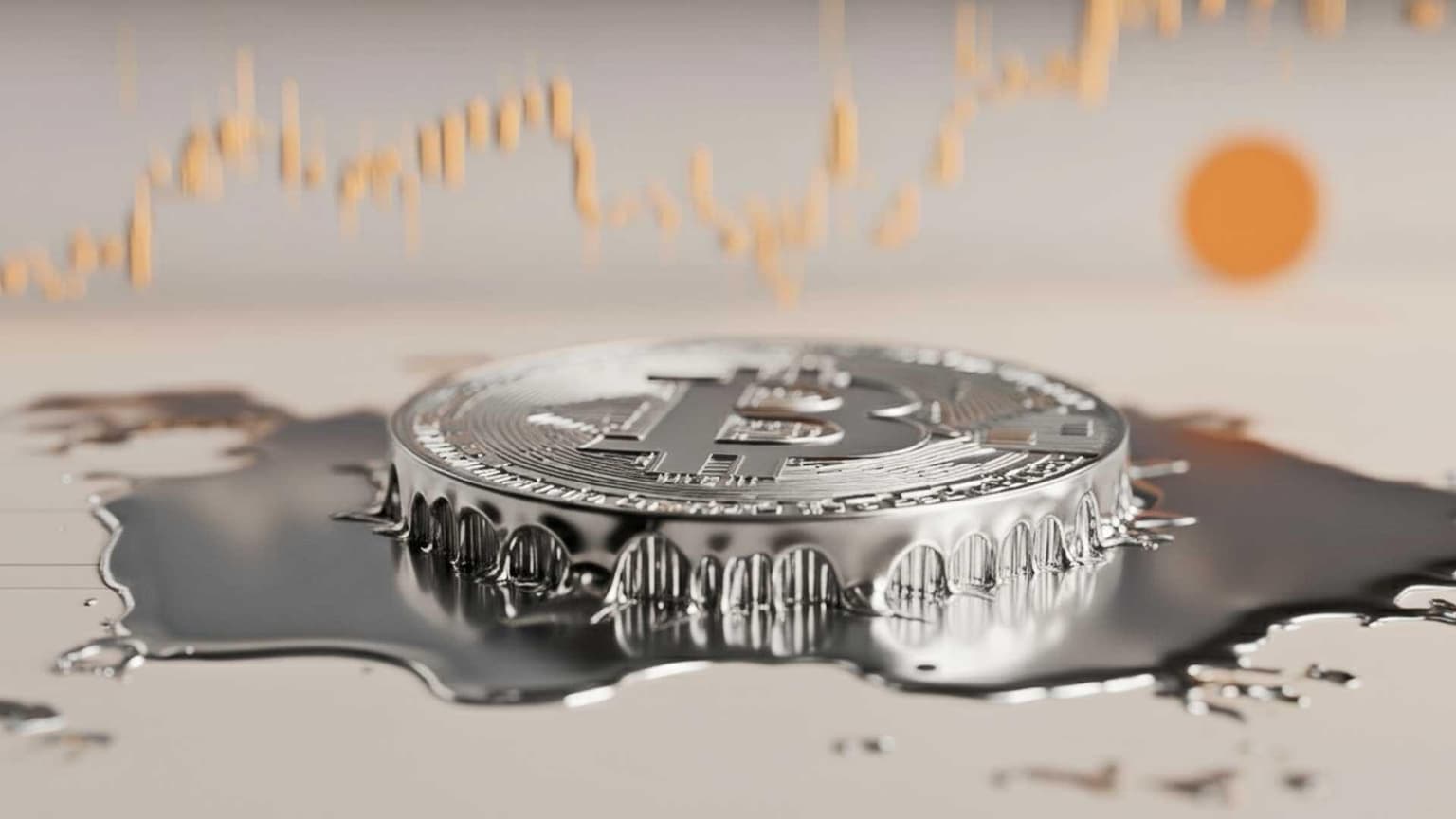Navigating the NFT landscape: Understanding, creating, and investing [Video]
![Navigating the NFT landscape: Understanding, creating, and investing [Video]](https://editorial.fxstreet.com/images/Markets/Currencies/Cryptocurrencies/Coins/NEM/nem_XtraLarge.jpg)
Non-Fungible Tokens, more commonly known as NFTs, have swiftly risen to prominence in the world of digital art and crypto-assets. They have generated a significant amount of excitement, confusion, and skepticism. This article will elucidate what an NFT is, how it works, how to create and buy one, and whether it is a wise investment choice.
What is an NFT?
At its core, an NFT is a type of digital asset. The term 'non-fungible' essentially means that it's unique and can't be replaced with something else. For example, a bitcoin is fungible — trade one for another bitcoin, and you'll have exactly the same thing. A one-of-a-kind trading card, however, is non-fungible. If you traded it for a different card, you'd have something completely different.
In the digital world, NFTs are like the one-of-a-kind trading cards, representing ownership or proof of authenticity of a unique item or piece of content, secured on a blockchain, primarily Ethereum. They can represent digital files, like art, music, games, and other forms of creative work.
How does an NFT work?
NFTs operate on blockchain technology, the same technology underpinning cryptocurrencies like Bitcoin and Ethereum. However, unlike these cryptocurrencies, each NFT has a distinct digital signature, signifying its uniqueness and ensuring its ownership and provenance.
When an NFT is purchased, the transaction and owner details are processed and recorded on the blockchain. This establishes a transparent chain of custody and guarantees the token's uniqueness and ownership.
How to create an NFT
Creating an NFT, often known as 'minting,' requires a digital wallet, some cryptocurrency (usually Ether), and a connection to an NFT marketplace. Here are the general steps:
-
Set up a digital wallet: Digital wallets, such as MetaMask, are used to interact with the Ethereum blockchain. Once installed, the wallet needs to be loaded with Ether, which can be purchased from a crypto exchange.
-
Choose an NFT marketplace: Marketplaces like OpenSea, Rarible, and Mintable allow users to mint NFTs.
-
Mint your NFT: The 'Create' or 'Mint' option allows users to upload their digital artwork or item and follow the prompts to complete the process. Note that minting an NFT incurs a gas fee (network processing fee) that varies depending on network congestion.
How to buy NFTs
Buying NFTs is relatively straightforward and typically involves the following steps:
-
Set up a digital wallet and buy Ether: The same wallets used to mint NFTs can be used to buy them.
-
Choose an NFT marketplace: Some popular NFT marketplaces include OpenSea, Rarible, and NBA Top Shot.
-
Browse and buy NFTs: You can search or browse for NFTs, then click 'buy' to purchase. It’s also important to check the seller's reputation and the transaction history of the NFT.
Should you invest in NFTs?
Investing in NFTs is a personal decision and, like any investment, comes with risks. While some have made substantial profits, others have lost money. NFTs are a relatively new and highly volatile market, with values that can fluctuate drastically.
Consider the following factors before investing:
-
Do your research: Understand the artist, the rarity of the piece, and the demand in the market.
-
Volatility: NFT values can be highly volatile. Be prepared for the potential of significant value fluctuations and be aware that a profitable return is not guaranteed.
-
Authenticity and Copyright issues: Check the authenticity of the NFT, as there have been instances of art theft in the space. Ensure the seller has the rights to sell the work.
-
Long-term perspective: Consider if the NFT you're buying will hold its value over time. While there's hype around the NFT market right now, no one can predict its future.
-
In conclusion, NFTs represent an innovative step forward in the digital ownership and art world. The technology underlying NFTs has wide-ranging potential applications beyond digital art, extending to any unique digital asset needing verifiable ownership. As with any new, rapidly evolving, and volatile market, potential investors should approach with a keen sense of inquiry and caution. It is crucial to fully understand NFTs and the associated risks before investing.
-
Diversification: As with any investment, do not put all your eggs in one basket. Diversify your portfolio to mitigate risks.
-
Consider the environmental impact: The creation and transaction of NFTs require a significant amount of energy, contributing to the carbon footprint. If this is a concern, you may want to consider this before investing.
Please note that the information provided in this article is intended for educational purposes only. It is not to be construed as financial or investment advice. Before making any financial decisions, including those involving NFTs, we strongly recommend conducting your own research and consulting with a qualified financial advisor. Always remember, when it comes to investing, your decisions should be based on your personal circumstances and risk tolerance.
Author

Marios Athinodorou
Independent Analyst
Marios Athinodorou is a seasoned Market Analyst and Trading Tutor. With a passion for financial markets, Marios started his journey in Forex trading in 2012.





